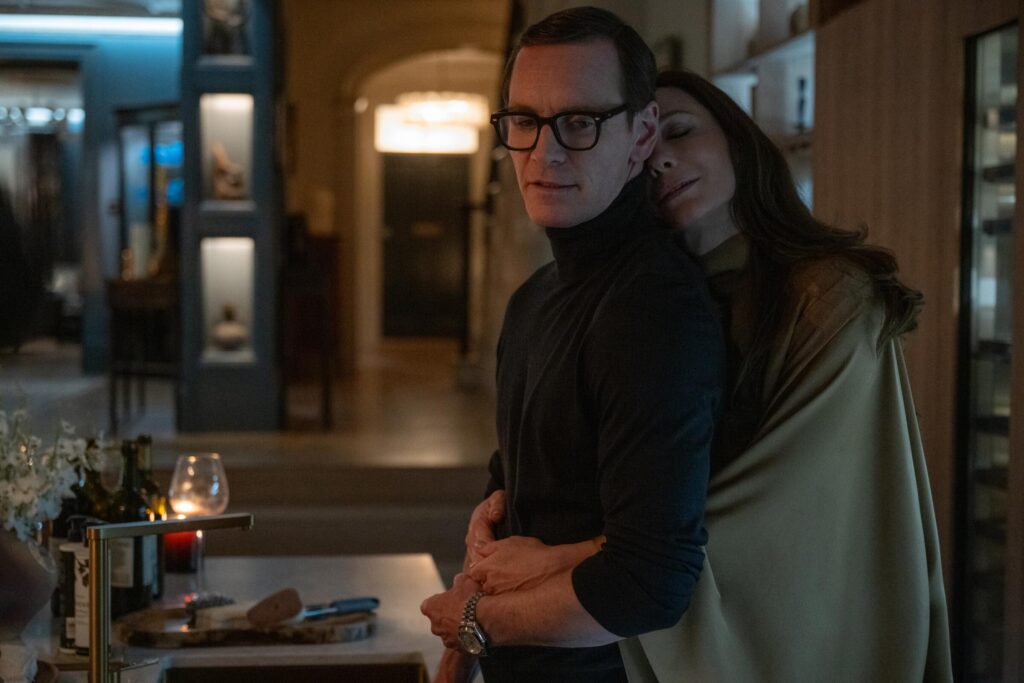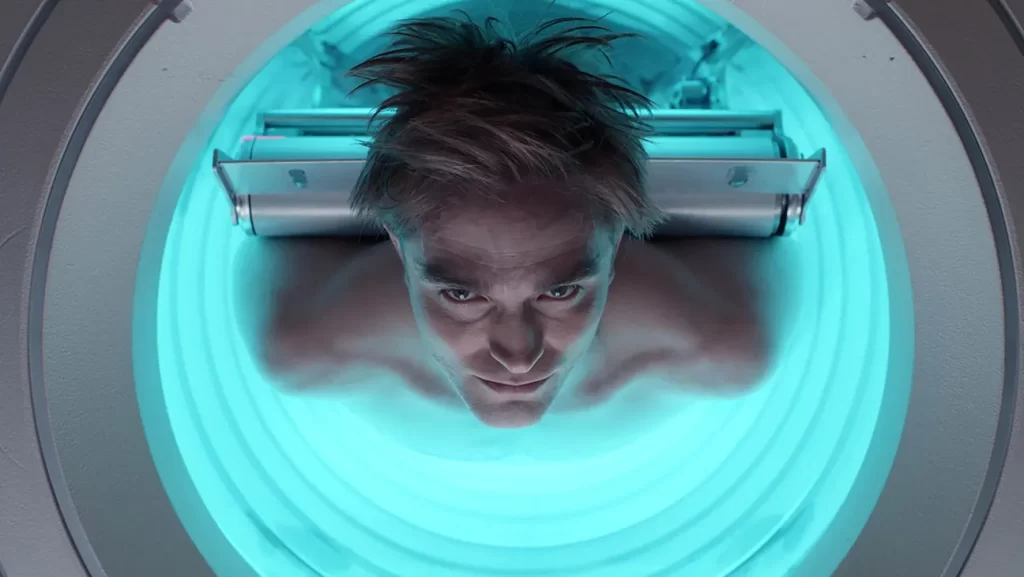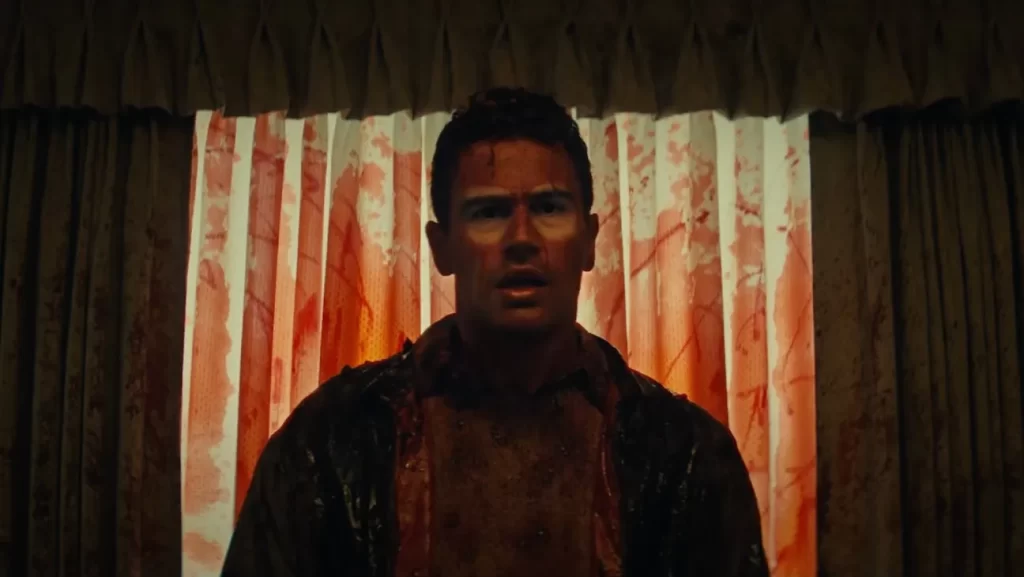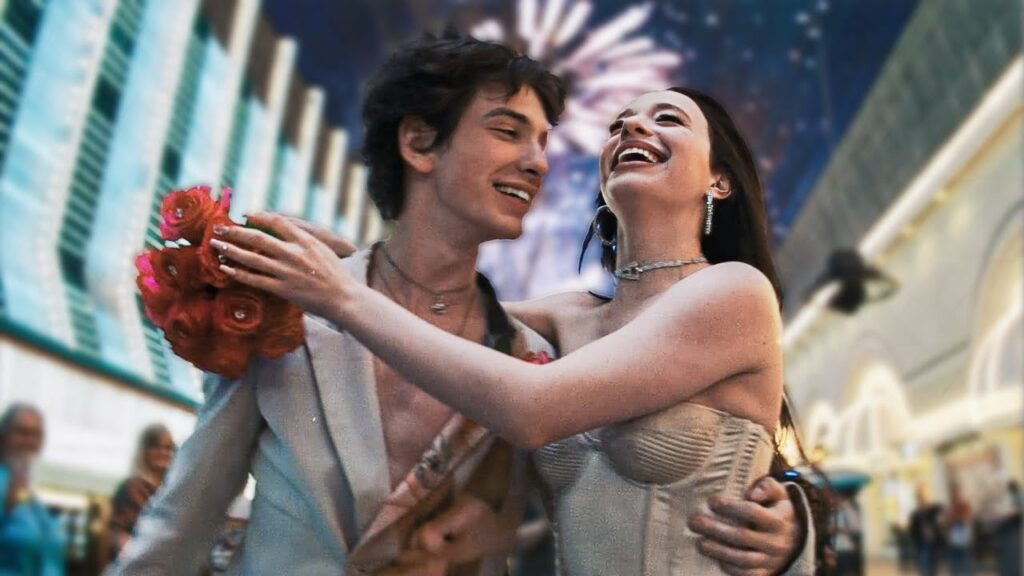Jonathan Majors’ Body Is Criminal
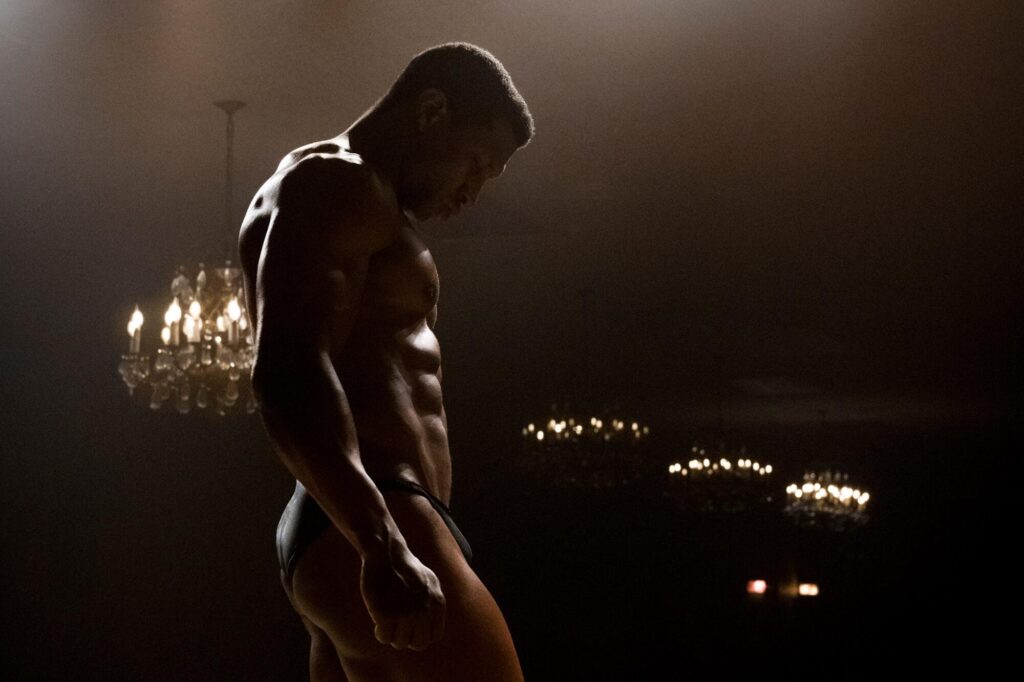
The opening shot of Magazine Dreams bathes its star in glowing, golden light. The camera looks upward from a low angle, allowing us to gawk appreciatively at its subject as he strikes a pose emphasizing his rippling musculature. The insinuation is that this Adonis has won some sort of award or, as implied by the title, graced the cover of a periodical. It’s the visual language of fantasy, an imagined triumph for both the movie’s troubled protagonist and its troubling star.
Magazine Dreams was supposed to be Jonathan Majors’ coronation. It premiered at the Sundance Film Festival in January 2023 (it received a special jury prize for “creative vision”), after which Searchlight won a bidding war and slated its release for that December—prime awards-season real estate. Majors, who had previously earned acclaim for his nimble turns in critical hits like The Last Black Man in San Francisco, Da 5 Bloods, and Devotion (plus HBO’s Lovecraft Country), was entering the mainstream. That March, he played the antagonist in Creed III (for which he made my Oscar ballot, as he did for Devotion); the month prior, he appeared as the villain in Ant-Man and the Wasp: Quantumania, and the dynastic plotters of the Marvel Cinematic Universe planned for his character, Kang, to serve as its big bad in future installments opposite The Avengers. Magazine Dreams—in which Majors delivers an intense, bruising performance as an unhinged bodybuilder, and which he reportedly prepped for by eating over 6,000 calories a day—represented his logical gateway to four-quadrant stardom. Read More

